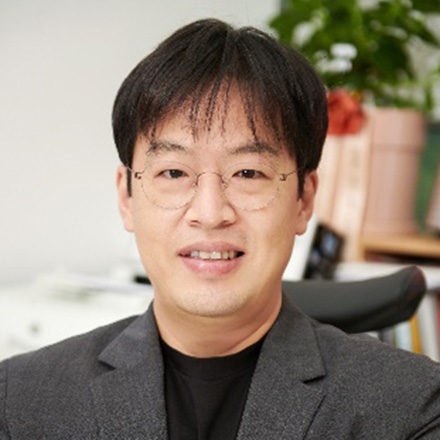
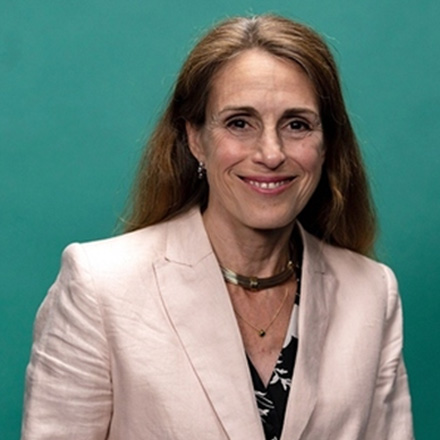 Prof. Isabel Oliver
Director General Science and Research, UKHSA
Information
Prof. Isabel Oliver
More
Prof. Isabel Oliver
Director General Science and Research, UKHSA
Information
Prof. Isabel Oliver
More
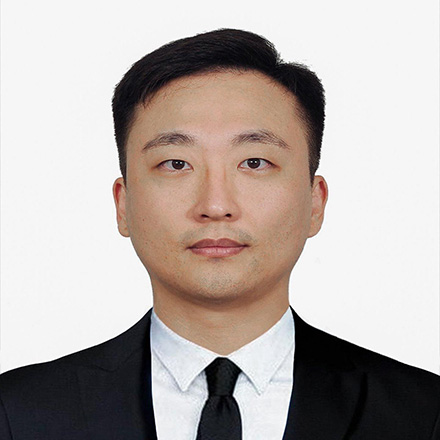 Prof. Husuk Lee
Chungnam National University of Korea
Information
Prof. Husuk Lee
More
Prof. Husuk Lee
Chungnam National University of Korea
Information
Prof. Husuk Lee
More
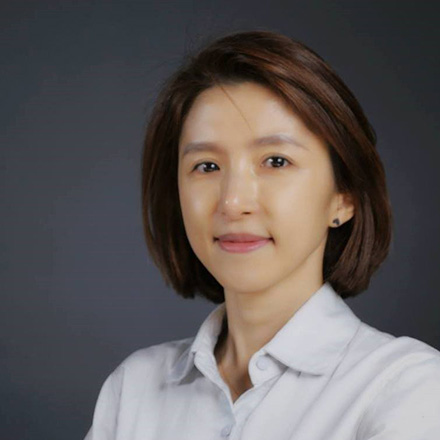 Prof. Hwayoung Lee
Catholic University
Information
Prof. Hwayoung Lee
More
Prof. Hwayoung Lee
Catholic University
Information
Prof. Hwayoung Lee
More
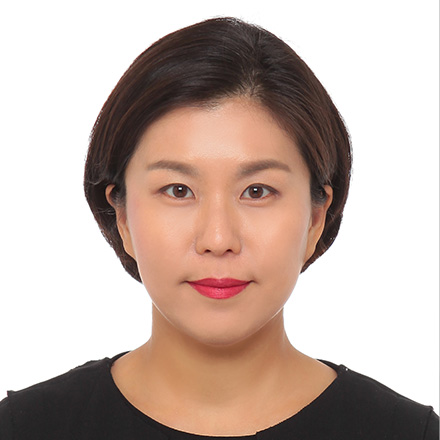 Director. Jonghee Kim
Animal-Borne Infectious Disease Management Division, KDCA
Information
Director. Jonghee Kim
More
Director. Jonghee Kim
Animal-Borne Infectious Disease Management Division, KDCA
Information
Director. Jonghee Kim
More
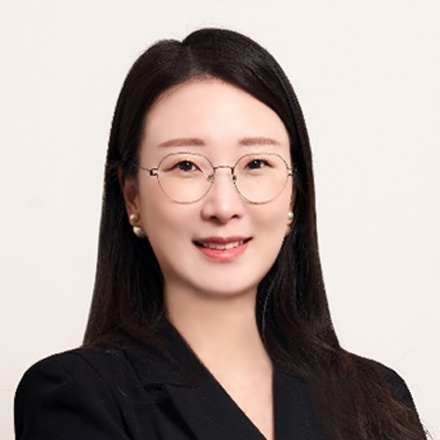 Dr. Inhye Lee
Korea Institute of Intellectual Property
Information
Dr. Inhye Lee
More
Dr. Inhye Lee
Korea Institute of Intellectual Property
Information
Dr. Inhye Lee
More
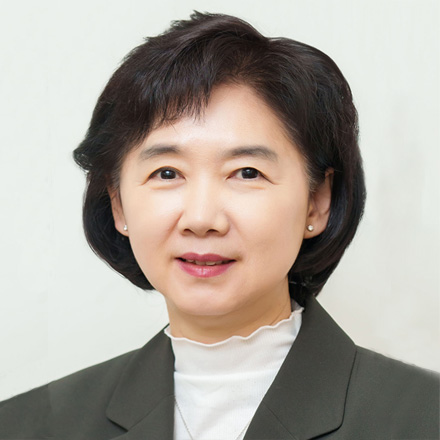
In the wake of the COVID-19 pandemic, the international community has increasingly emphasized the importance of the ‘One Health Approach’ to effectively prepare for and respond to global health threats such as climate change, antimicrobial resistance, and emerging and re-emerging infectious disease. Recently, global economic forums such as the G20 and APEC have also highlighted One Health as a key health agenda, underscoring its significance not only in public health but also in national economic and security contexts.
In response, the Korea Disease Control and Prevention Agency (KDCA) established a dedicated ‘One Health Task Force’ in February of this year and launched the ‘One Health Council’ to preemptively address ongoing health threats. We have made various efforts to develop and implement policies grounded in the One Health approach. In light of these achievements, we aim to share our experience with the international community and draw insights from other countries’ institutional frameworks and policy cases to further enhance our domestic policies.
With this in mind, we are pleased to host the “2024 International One Health Policy Forum”, gathering experts from home and abroad to discuss and exchange ideas. We hope this forum will provide a valuable opportunity to explore the latest trends in One Health policy and foster deep academic exchange and multidisciplinary discussion, leading to more profound insights and collaboration.
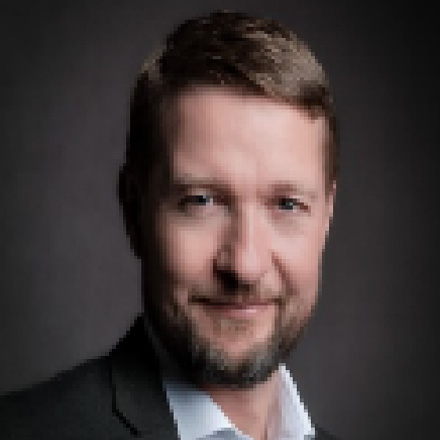
Dr. Oliver Morgan is the Director of the Pandemic and Epidemic Intelligence Systems at the WHO Hub for Pandemic and Epidemic Intelligence, based in Berlin, Germany. From 2007 through 2016, Dr. Morgan worked for the US Centers for Disease Control and Prevention during which time he held critical leadership positions in the Ebola response between November 2014 and February 2016 (CDC Atlanta Ebola Response Incident Manger and CDC Country Director in Sierra Leone). From March 2010 to October 2014, he was the CDC Country Director in the Dominican Republic. Dr. Morgan was an Epidemic Intelligence Service Officer at CDC from 2007 to 2009 with the International Emerging Infections Program, during which time he conducted projects in Thailand, Bangladesh, Kenya, Uganda, and Guatemala. Before joining CDC, he worked for the UK Health Protection Agency, leading epidemiological investigations of outbreaks (enteric, vaccine preventable, hospital acquired, zoonotic, respiratory, and sexually acquired infections), chemical and radiation exposure incidents, terrorist bombings in London, natural disasters, and humanitarian civil conflicts
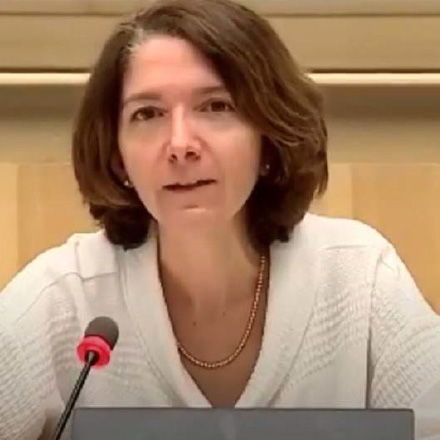
Dr Gina Samaan WHO Regional Emergency Director for the Western Pacific Dr Gina SAMAAN is the Regional Emergency Director of the WHO Regional Office for the Western Pacific. She is an infectious disease epidemiologist with a career focus on pandemic risk management. For over 15 years she has served WHO at the country, regional, and headquarters levels, where she coordinated global initiatives to strengthen preparedness and resilience, the Global Genomic Surveillance Strategy, and Pandemic Influenza Preparedness Framework, among others. During COVID-19, she established a response unit focusing on country support, technical monitoring, and liaison with the UN country teams through the UN Development Coordination Office. She previously worked and consulted for agencies including US-CDC, USAID, DFAT and DoH Australia, IOM, RTI International to design or implement public health initiatives.

I am responsible for the science strategy of the organisation and lead the Science Group which comprises over 2,500 professionals in 4 directorates delivering a broad range of scientific functions and services. These include the network of public health and research laboratories, the radiation, chemical and environmental health protection functions, behavioural sciences, research, evaluation and translation. In this role I have established a Centre for Climate and Health Security to ensure that we can protect health effectively in the context of a changing climate. I have also established a Centre for Vaccine Development and Evaluation and a Diagnostics Accelerator to ensure that we have the tools that we need to respond to the next pandemic. I am also responsible for the management of UKHSA’s scientific campuses at Colindale (London), Porton Down (Wiltshire) and Harwell (Oxfordshire) as well as the disperse network of laboratories including Food, Water and Environment microbiology.
Honorary Professor, University of Bristol (since 2016)
Honorary Professor Centre for Global Health, University College London (since 2023)

SELECTED PUBLICATIONS: (TOTAL NO. PAPERS = 54, TOTAL IF=81.296, H-INDEX=10) Lee SY, Lee WS. 2024. Comparing spatial differences in behavioral pattern transition of Black-tailed Gulls during post breeding season in the Korean peninsula. Scientific Reports 14:19527 Yang MS, Yun SH, Hong MJ, Moon YM, Yoo JC, Lee WS. 2022. Marine litter pollution of breeding colony and habitat use patterns of Black-tailed gulls in South Korea. Marine Pollution Bulletin 185:114363 Yun SH, Hong MJ, Yang MS, Jeon HJ, Lee WS. 2022. Assessment of the spatial risk of avian influenza in poultry during the annual cycle: a spatial prediction study focused on seasonal distribution changes in resident waterfowls. Transboundary and Emerging Disease 69:e3128-e3140

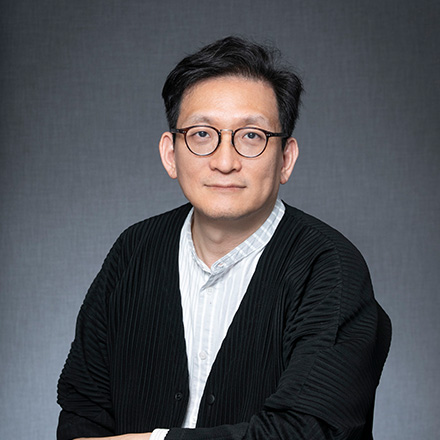
Dong-Gun Lee is Professor at the Div. of Infectious Diseases, Dept. of Internal Medicine, College of Medicine, The Catholic University of Korea, Seoul, Korea. Prof. Lee obtained his MD and PhD degrees from the Catholic University of Korea, Seoul, Korea and trained post-doc at the University of Wisconsin-Madison in Madison, WI, USA from 2006 to 2008. His major research interests include the diagnosis and management of infectious complications from hematological malignancy patients, especially focus on resistant bacteria, invasive fungal infections, herpes viruses including cytomegalovirus, respiratory viral infections, and prevention of infectious diseases such as post-transplantation vaccination. He has widely published on this topic and has received multiple competitive research grants through the Korea Health Industry Development Institution, KFDA, and National Evidence-based Health Care Collaborating Agency. He is also actively involved in many clinical trials of management and prevention of invasive fungal and viral infections. Prof. Lee is an active member of many medical societies including The Korean Society of Infectious Diseases (KSID), and Korean Society for Antimicrobial Chemotherapy (KSAT). Now, he is chairperson of the board in KSID. He also works as an editor-in-chief of Infection & Chemotherapy. His work has been published in various scientific journals, including Mycoses, Medical Mycology, Microbial Drug Resistance, Annals of Hematology, Biology of Blood and Marrow Transplantation, Antimicrobial Agents and Chemotherapy, Clinical Microbiology and Infection, Annals of Internal Medicine, Lancet, New England Journal of Medicine and and so on.
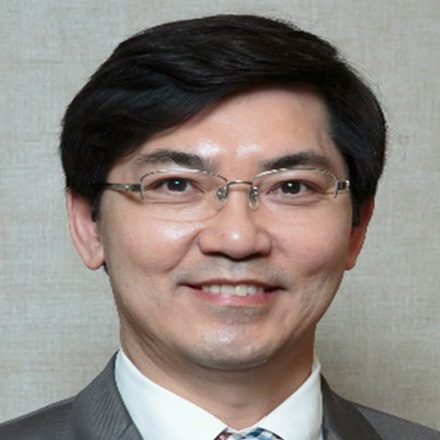
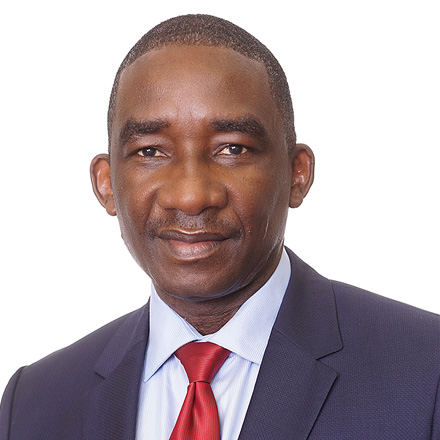
A global health leader with over two decades of experience in managing and implementing large-scale health programs across multiple continents. Proven expertise in antimicrobial resistance, tuberculosis control, nutrition, and public health emergencies. Adept at leading multidisciplinary teams, forging strategic partnerships, and driving actions to achieve sustainable health outcomes. Strong track record of policy development, strategic planning, and advocacy within the frameworks of the WHO and United Nations. Committed to driving global health initiatives through innovative, evidence-based approaches.
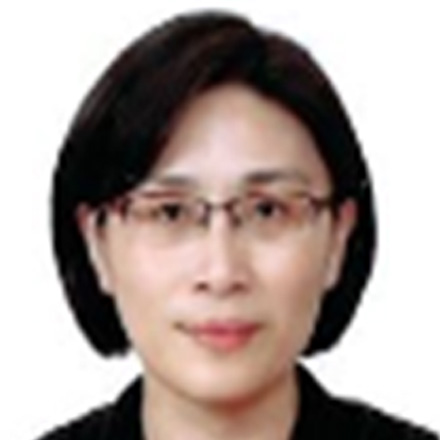
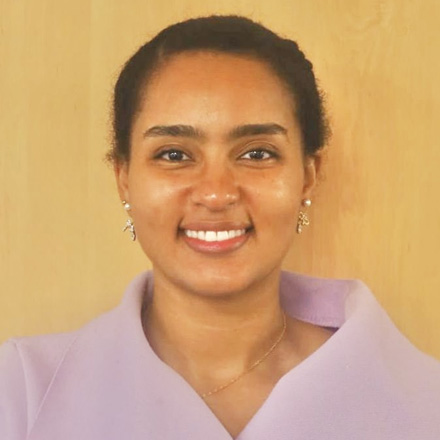
Medical doctor, experienced and dedicated Global Health Specialist, graduate of University College London (UCL). Itlala is the focal point of EIOS (Epidemic Intelligence from Open Source) for WOAH, is a senior EIOS trainer and leading epidemic intelligence activities at WOAH, specifically leading the Active Search Team responsible of disease Rumor Tracking activities. Additionally, from WOAHs side, she is leading GLEWS+ , the Global Early Warning System which is a One Health Intelligence initiative of the Tripartite Organizations (WHO, FAO, and WOAH). Itlala played a key role in establishing an Active Search team at WOAH’s Asia-Pacific Regional offices in Tokyo and Bangkok, to enhance early warning and surveillance at regional level. She also contributed to numerous risk assessments done for zoonotic diseases outbreaks in collaboration with WHO and FAO under the GLEWS+ initiative, and advanced one health intelligence capacity building efforts. With WOAH, she continues to contribute to various one health topics such as the One Health Intelligence Scoping Study, and leads collaboration with partners in matters of one health intelligence and epidemic intelligence.

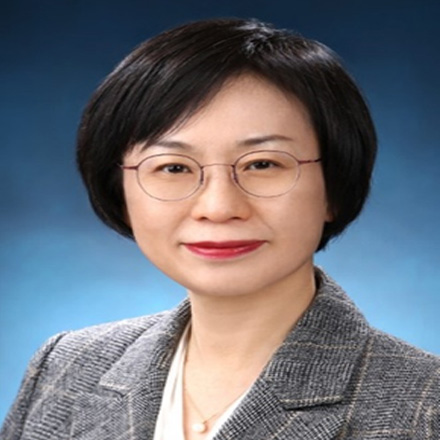
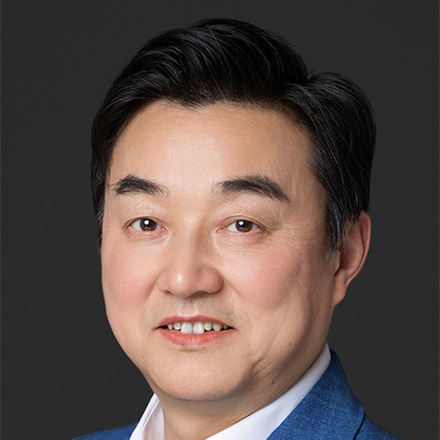
Professor Xiao-Nong Zhou is the Chief Scientist on parasitic diseases control in Chinese Center for Disease Control and Prevention (China CDC), and the Director of the World Health Organization (WHO) Collaborating Centre for Tropical Diseases, based in Shanghai. He also serving as Vice Dean of the School of Global Health, Chinese Center for Tropical Diseases Research-Shanghai Jiao Tong University School of Medicine, and Director of the One Health Center, Shanghai Jiao Tong University-The University of Edinburgh. He has been selected as as member of FAO/WHO/UNEP/WOAH Quadripartite One Health High Level Expert Pannel (OHHLEP) Term II, Chairman of Global Health Society for the Chinese Preventive Medicine Association, Chair of One Health Working Group of World Federation for Public Health Association (WFPHA), Co-Director of the Surveillance and Response Working Group for Asia-Pacific Malaria Elimination Network (APMEN), as well as the Editor-in-Chief of three journals, including Infectious Diseases of Poverty, Science in One Health, and Chinese Journal for Schistosomiasis Control. Professor Zhou is a leading international expert in the research and control of tropical diseases, with over 40 years of experience in implementing One Health approaches to control tropical diseases. He has been listed as a high-cited Chinese Researcher since 2016, and a top 2% of the world scientist.
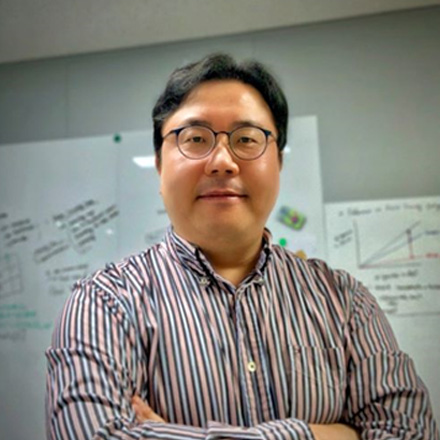
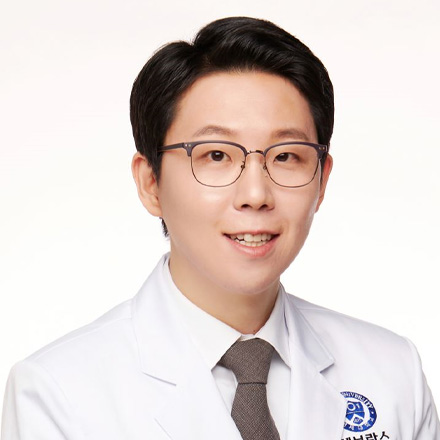

Dr.Inhye Lee has been a researcher at the Korea Institute of Intellectual Property(KIIP) since 2010, a statutory organization to contribute to the development of the national economy by enhancing the competitiveness of intellectual property and expanding the base of intellectual property. She is currently working on policy and legal system research in the Legal System Research Team. Her research focuses on the comparative study and development of legal systems and policies with a broad international perspective.
She graduated from Ewha Womans University, South Korea, with a BA in law and received her MA and PhD in international law. Her doctoral thesis, "A Study on the Protection of the Right to Food in International Law : Focusing on the Conflicts with the Patent Rights" is an in-depth analysis of patent rights in conflict with the right to food under international human rights law. Her recent publications include "Historical Background and Implications for Author's Rights in the International Bill of Human Rights"(2024.6.) And her work includes research on IP trade strategies in the international trade order, the international regime for biodiversity and the BBNJ.


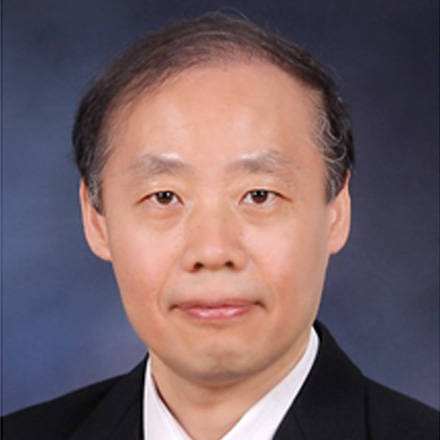
Professor Yun-Chul Hong has main interest in environmental health issues, particularly environmental and genetic effects on chronic disease such as diabetes mellitus, hypertension and cancer. Currently he is the director of the Institute of Environmental Medicine, Seoul National University College of Medicine in Korea. He has been working as a WHO consultant for many years and have experiences with various policy organizations such as UN Environment, CCAC and UNICEF. He served as Chair of Thematic Working Group on Air Quality, a policy advisory team on air pollution under the framework of the Regional Forum on Environment and Health in Asia Pacific during 2007-2021. He has also served as the Chair of Climate Change and Environment Technical Advisory Group for WHO/WPRO during 2020-2023. Now he is the chair of executive committee of the World Health City Forum.
